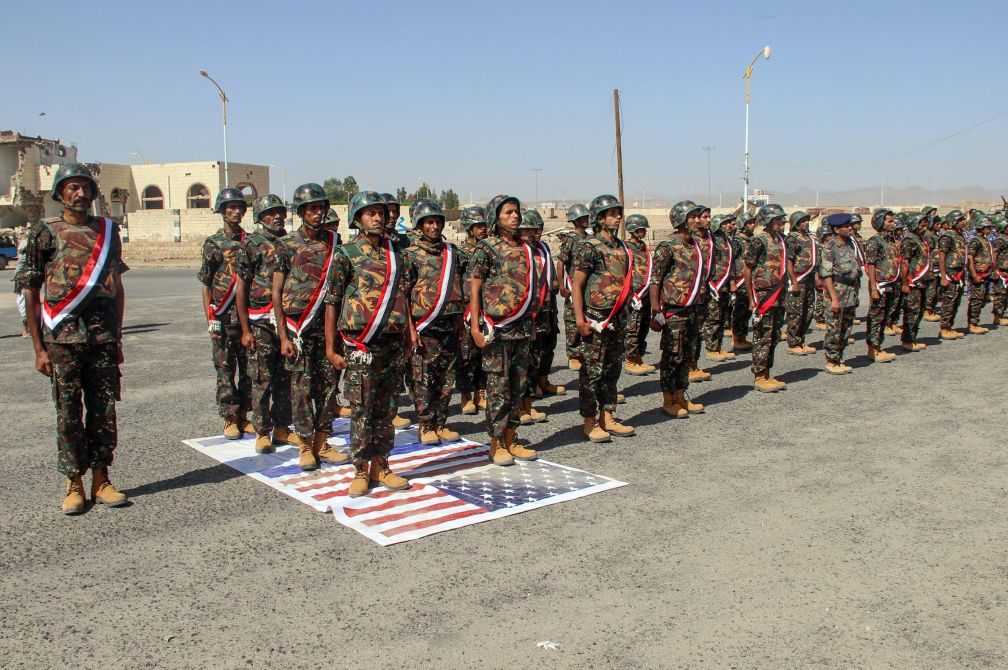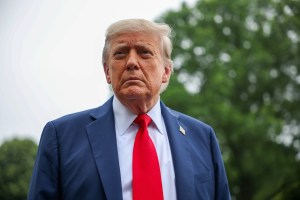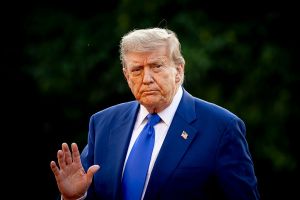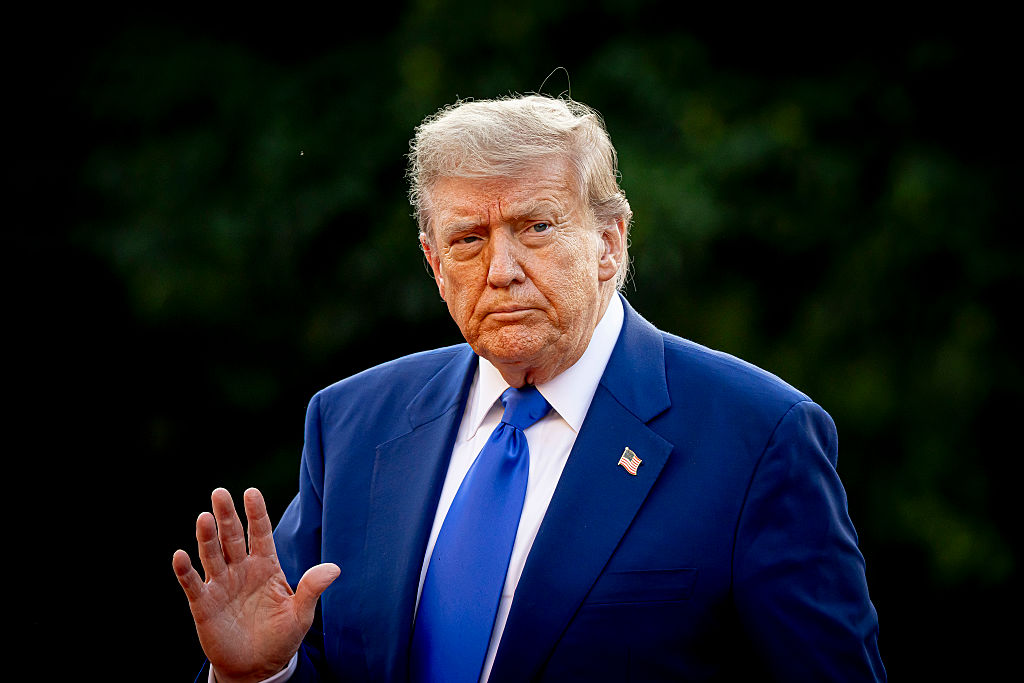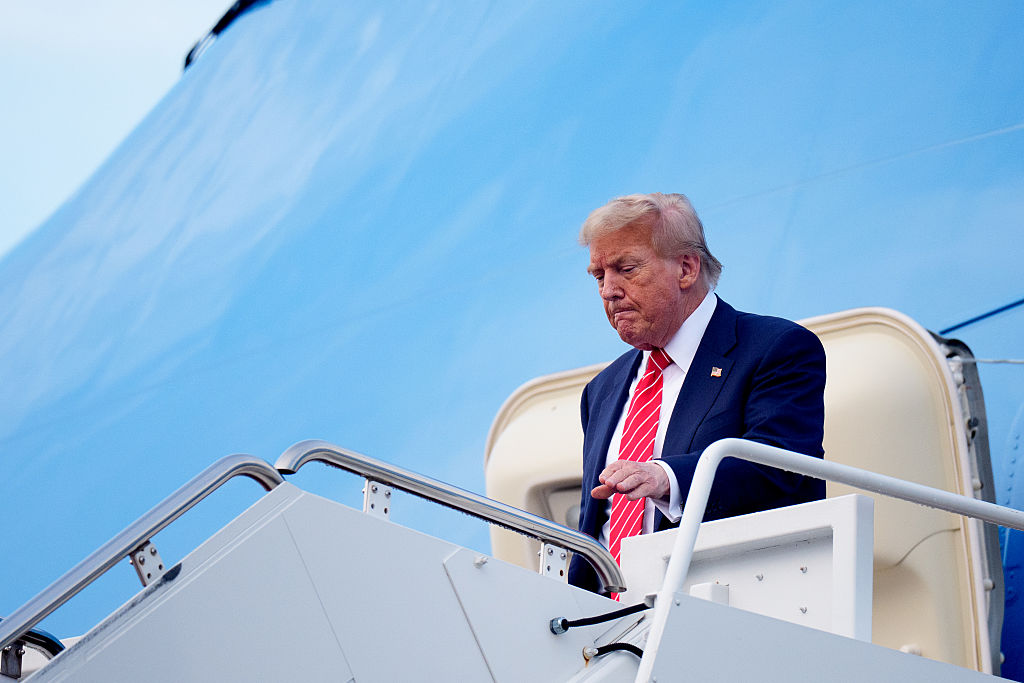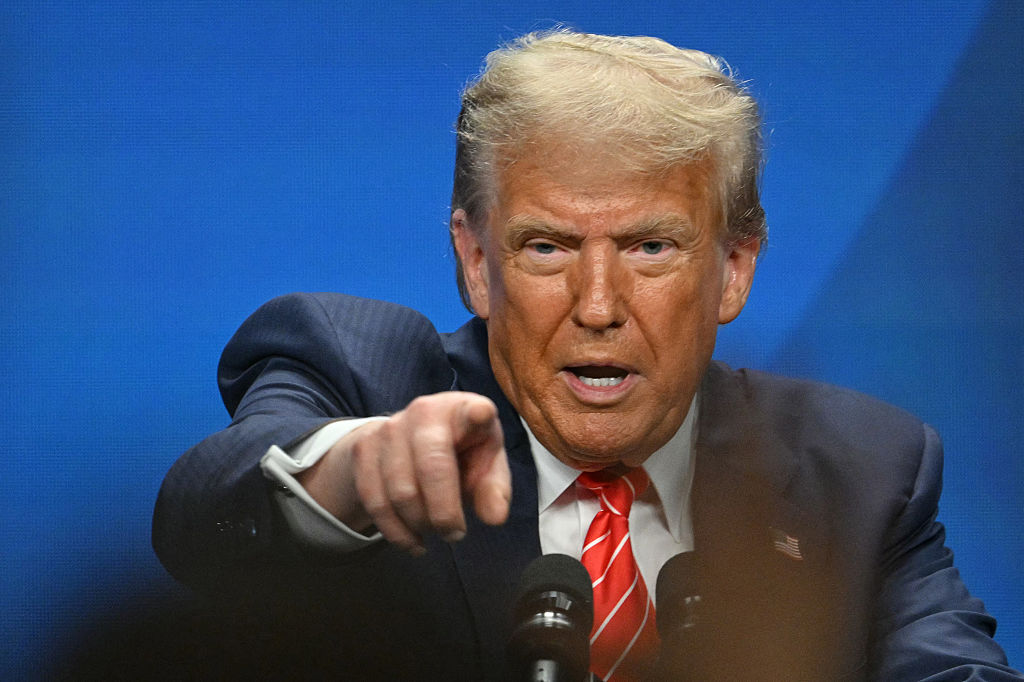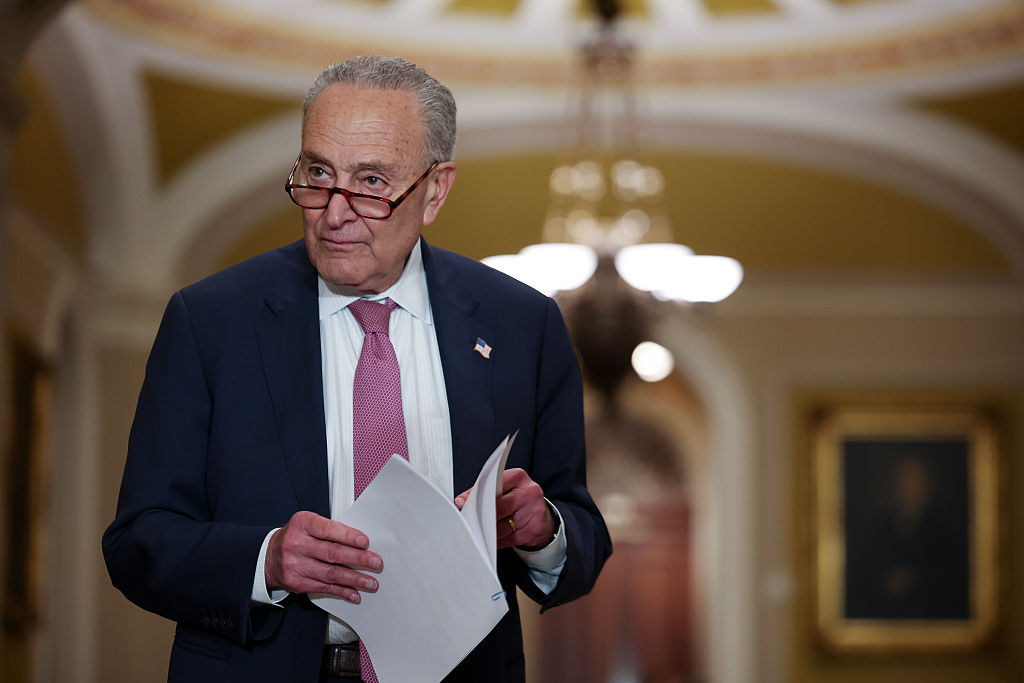On Monday, Sen. Bernie Sanders circulated an open letter, calling on Congress to override last week’s presidential veto of a bill demanding a halt to US participation in Yemen’s civil war. The bipartisan bill was the first time Congress invoked the 1973 War Powers Resolution to check presidential foreign policy. Amid the president’s myriad other current problems, a potential veto override could be a chance to rub salt in the wounds. The issue of Yemen, then, will linger.
Was Yemen worth the veto? The war, occurring the most secluded and oil-poor corner of the Arabian Peninsula, seems, to many, tangential to American interests. Supporters of US involvement, such as former Bush administration official Michael Doran, counter that assessment, accusing critics of failing ‘to say anything about the Iranian role and the American interest in seeing Iran driven from Yemen’. But the Yemen conflict is not about Iran. It’s about Saudi Arabia.
Follow the money. According to numbers from the Brookings Institution, Saudi involvement in its Yemen proxy war sets the kingdom back $5-or-6 billion a month, at least. Iran plays the game for almost nothing, spending only a few million dollars a year to support the Houthis and tie up their Saudi rivals.
Saudi investment in Yemen has brought ghastly results. Saudi airstrikes have been blamed for nearly 18,000 civilian deaths, and an ongoing famine has been attributed to the Saudi blockade of rebel-held territory. The US supports these efforts by providing arms, intelligence, and refueling capabilities.
The US-Saudi partnership is already controversial in America. According to Gallup, 77 percent of Americans hold an unfavorable view of the country. American and Saudi values are antithetical, and the Saudi promotion of the strict Salafist school of Islam is at odds with Western counter-extremism efforts. The killing of Jamal Khashoggi, Washington Post ‘journalist’ and Qatari publicist, in Saudi Arabia’s embassy in Turkey, brought relations to a nadir. Yet cooperation in the killing fields of Yemen continues unabated.
President Trump’s steadfastness with Saudi Arabia is curious. Trump, as a private citizen, had called Saudi Arabia ‘the world’s biggest funder of terrorism’. Trump the president, whose White House has come increasingly under the influence of anti-Iranian hardliners like Secretary of State Mike Pompeo and National Security Adviser John Bolton, has instead maintained that ‘the Iranian regime is the leading state sponsor of terror’.
Given the toxic nature of Saudi Arabia, supporters would rather focus on Iranian involvement anyway. But the Houthis are superfluous to Iran. The Houthis are a nice cudgel with which to threaten Saudi Arabia, but not a vital Iranian interest. Otherwise, Iran would be spending more.
The same is not true for the Saudis. As Princeton lecturer Bernard Haykel notes, the Saudis view the war as ‘an attempt by the Iranians to create a Hezbollah-like force in Yemen on their southern borders’, creating ‘a national security threat to the Saudis through missiles, like Hezbollah does with Israel’.
But why should America care? The prevailing wisdom concerns oil. Since the OPEC embargo of 1973, the US has used arms deals as a lever to keep Saudi production high. In the Eighties, for example, President Reagan accelerated these sales, in exchange for increased oil production, slashing global energy prices in order to put the squeeze on the declining Soviet Union.
Now, amid a price surge following President Trump’s ending of exemptions to the Iranian oil embargo, the US is again using arms to keep the Saudi oil flowing and keep prices stable. The president has tweeted that that the Saudis ‘will more than make up the oil flow difference’.
Appeasing Saudi Arabia, then, is the more convincing rationale behind continued American involvement in Yemen. Given the ire the kingdom has raised in America, and President Trump’s political vulnerabilities, it is hard to say how politically sustainable this support can be. It is, however, an oddly supine position that the ‘America First’ president now finds himself in.



